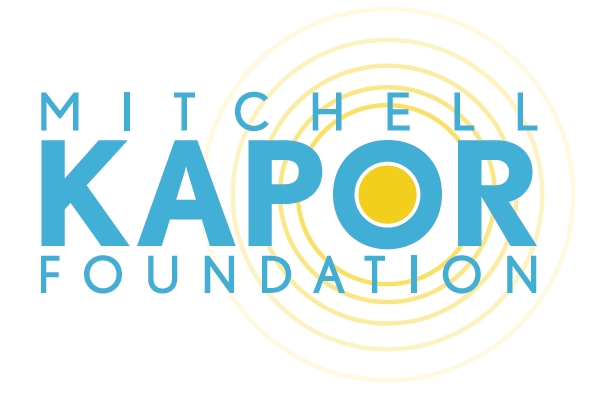Check out these events and opportunities from The New York Academy of Sciences!
**Deadline for Poster Abstracts and Travel Fellowship Applications this Friday, March 23, 2012**12th International Conference on Myasthenia Gravis and Related Disorders ConferenceConference dates: May 21 - 23, 2012Website & Information: www.nyas.org/MG12
**Deadline for Abstracts is Monday, March 26, 2012**Genome Integrity Discussion Group MeetingEvent Date: April 2, 2012Website & Information: http://www.nyas.org/Apr2012
**Deadline for Poster Abstracts next Friday March 30, 2012**Fetal Programming and Environmental Exposures: Implications for Prenatal Care and Pre-Term Birth ConferenceConference dates: June 11 - 12, 2012Website & Information: www.nyas.org/FetalProgramming
*Call for Poster Abstracts. Deadline: April 06, 20125th Annual Advances in Biomolecular Engineering SymposiumEvent Date: April 27, 2012Website & Information: http://www.nyas.org/BiomolEng2012
*Call for Abstracts. Deadline: April 08, 2012Malaria 2012: Drugs, Vaccines, and PathogenesisEvent Date: April 17, 2012Website & Information: http://www.nyas.org/Malaria2012
*Call for Poster and Short Talk Abstracts. Deadline: Friday, April 27, 2012Inositol Phospholipid Signaling in Physiology and DiseaseConference dates: June 26 - 27, 2012Website & Information: www.nyas.org/Inositol2012
*Call for Poster Abstracts. Deadline: May 18, 2012Chemical Biology Discussion Group Year-End SymposiumEvent Date: June 6, 2012Website & Information: http://www.nyas.org/YearEnd2012
UPCOMING EVENT:Monday, April 9, 2012 | 6:00 PM - 7:30 PMIntroduction to Scientific TeachingDr. Matthew R. Marcello will introduce key elements of Scientific Teaching in this interactive workshop based on the Howard Hughes Medical Institute/National Academies Summer Teaching Institute on Undergraduate Education in Biology. He will introduce the core Scientific Teaching concepts (active learning, diversity, and assessment) and practical information on how to incorporate these concepts into the classroom to improve your teaching effectiveness and student learning outcomes. The workshop will provide current and future faculty the knowledge and skills to incorporate scientific teaching principles into their courses.
About the New York Academy of SciencesFor nearly 200 years, the New York Academy of Sciences has brought together extraordinary people working at the frontiers of discovery and promoted vital links between science and society. The leading minds of academia, industry, and government depend on the unique forum the Academy provides for insight into the most important questions in all disciplines of science. For more information, visit www.nyas.org.





